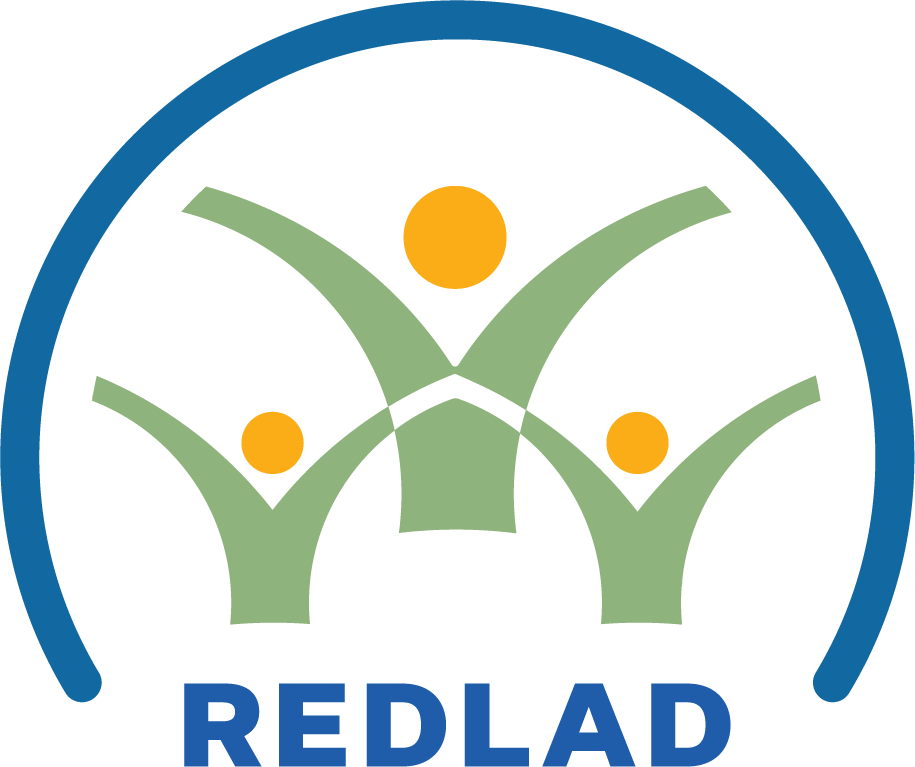Photo by Mathias Reding via Unsplash
Note by Santiago Díaz Canencio (Redlad’s intern)
On November 24, in the city of Geneva, Switzerland, the event related to the Fourth Session of the Forum on Human Rights, Democracy and the Rule of Law was held, in which, in its respective parallel event, it was shared and discussed the fundamental role that Civil Society has carried out insofar as it has to do with the construction of stronger and more consolidated Democracies in a context of the Covid 19 post-pandemic, and like this situation, it has brought with it difficulties but at the same time opportunities.
The event began with a warm welcome by Thomas Garrett, who is the current Secretary General of the Community of Democracies, accompanied by Enrique de Obarrio, current president of the Civil Society Pillar and General Coordinator of Redlad (Latin American Network and of the Caribbean for Democracy). In these opening remarks, very important points were highlighted regarding the number of challenges that arose unexpectedly for Civil Society as a result of the pandemic, the serious economic consequences of the Coronavirus, but which were also accompanied by the violation of many Human Rights in each country, in which the Latin American region was one of the most affected with situations such as the weakening of democratic institutions which, in the post-pandemic, were left in a frozen state. Concluding this intervention, it was remarked that, although Civil Society is not the key to the implementation of a perfect democracy, it is essential to be the center of action from the different groups of Civil Society actors.
A new approach that wants to be put into practice from the new Civil Society Pillar Chair and as such Redlad, is to consider the inclusive economic aspects in which the civic space plays a very important role and there is more involvement of the people, added to fight against corruption, which has to have high levels of co-responsibility, since it is destroying each one of the nations and the most affected sectors go directly to society. Lastly, they want to create a new way of being able to provide stable solutions to problems and create a closer rapprochement between countries and regions.
In the words of Quinn Mcknew, Nicola Pacccamiccio and Dave Elseroad, who were speakers for the event, critical issues were touched on, such as those being experienced in Belarus, Poland and more currently Ukraine, in which the role played by the different groups has been highlighted. civil society groups. This is added to the information that was in circulation during the pandemic, which was of vital importance but also had its levels of difficulty, such as how difficult it was to be able to access this information, especially for people who did not understand their language.
Finally, this was how this fourth session of the forum on Human Rights, Democracy and the Rule of Law culminated, in which it was possible to share the successes by Civil Society but, in turn, the great challenges that lie ahead to achieve of stable democracies in each of the countries.

